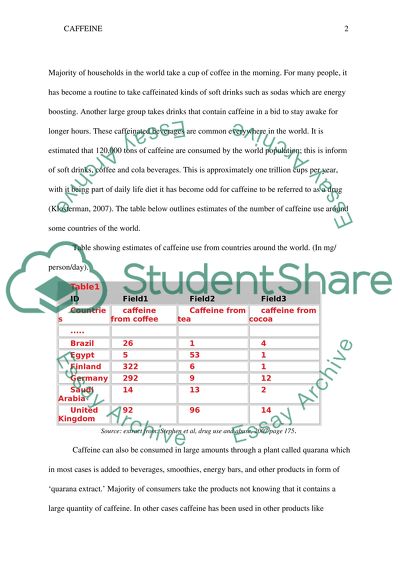Cite this document
(“Caffeine Research Paper Example | Topics and Well Written Essays - 750 words”, n.d.)
Retrieved de https://studentshare.org/health-sciences-medicine/1447277-caffeine
Retrieved de https://studentshare.org/health-sciences-medicine/1447277-caffeine
(Caffeine Research Paper Example | Topics and Well Written Essays - 750 Words)
https://studentshare.org/health-sciences-medicine/1447277-caffeine.
https://studentshare.org/health-sciences-medicine/1447277-caffeine.
“Caffeine Research Paper Example | Topics and Well Written Essays - 750 Words”, n.d. https://studentshare.org/health-sciences-medicine/1447277-caffeine.


